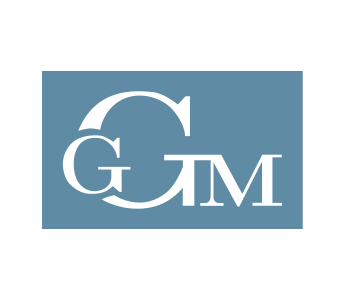Client Alert: Corporate Transparency Act
EDITED: Since the original publication of this article, multiple legal challenges to the Corporate Transparency Act have been filed. Please read our article regarding those challenges and the effect on filing requirements here.
In 2021, Congress enacted the Corporate Transparency Act (CTA) with the stated goal of cracking down on anonymous shell companies, which have long been the vehicle of choice for money launderers, terrorists, and criminals. To achieve this goal, the CTA requires business entities to file a report disclosing certain information regarding their beneficial owners (BOI Report). The reporting requirements contained in the CTA became effective January 1, 2024. As a result, an estimated 30.6 million existing business entities will now be required to file a BOI Report to comply with the reporting requirements contained in the CTA.
The U.S. Treasury Financial Crimes Enforcement Network (FinCEN) has been tasked under the CTA with maintaining a database of Beneficial Ownership Information database of all companies in the United States. The information contained in the database will generally only be accessible to certain law enforcement personnel and only for authorized activities related to national security, intelligence, and law enforcement. Business entities may also authorize financial institutions and their regulators to be provided with information contained in the database. The information will not be publicly available.
The following sets forth a high-level summary of certain aspects of the CTA and is provided for informational purposes only. Business entities and their beneficial owners should conduct a detailed evaluation of their need to comply with the CTA’s requirements on an entity-by-entity basis.
Who has to file a BOI Report?
- Any business entity that does not meet the requirements of an exemption provided by the CTA.
What companies are exempt?
- There is a specific list of 23 exemptions, but most involve entities that are banks and financial services companies.
- Inactive entities formed before January 1, 2020.
- Certain tax-exempt entities.
- Large entities, defined as having 20 or more full time employees and more than $5,000,000.00 in gross receipts or sales.
When is a company required to file a BOI Report?
- Entities formed prior to 2024 must file by January 1, 2025.
- Entities formed in 2024 must file within 90 days of formation.
- Entities formed in 2025 and years thereafter must file within 30 days of formation.
Which individuals must the entity report information on?
- Those with Beneficial Ownership or Substantial Control of the company.
What constitutes Beneficial Ownership?
- 25% or more equity in the company.
What constitutes Substantial Control?
- The definition is incredibly broad, including senior officers, LLC managers, directors, and really anyone who can dictate the direction of the business.
- This individual does not have to be an owner of the company.
What information about these individuals has to be reported?
- Full legal name
- Date of birth
- Home address
- A unique ID number (typically from a driver’s license or passport)
- A copy of the document where the unique ID number originated
Is there any continuing obligation?
- Yes, if any of the information submitted has changed, an entirely new report must be completed within 30 days of the change – i.e., any change in membership of LLC or shareholders of corporation, or even a change in home address or legal name of a reported individual.
What are possible penalties for failure to comply with the reporting requirements?
- Any person violating the reporting requirements of the CTA is liable for civil penalties of not more than $500 for each day that the violation continues and criminal penalties of imprisonment of up to two years and fines of up to $10,000. Clearly, the stakes are very high for anyone who chooses to ignore this new legislation.
As noted, the above information is merely a summary of certain aspects of the CTA. The breadth and complexity of the CTA’s requirements can be confusing and overwhelming. We here at GGTM Law are prepared to assist you and your business entities in navigating the compliance requirements of the CTA. Feel free to reach out to one of our business attorneys to schedule a consultation to discuss the CTA and its reporting requirements.
News and blog articles presented in this website are distributed for general information purposes only with the understanding that the author, publisher and distributor of articles is not rendering legal, accounting, or other professional advice or opinions on specific facts or matters and, accordingly, GGTM assumes no liability whatsoever in connection with the use of any article. Pursuant to applicable rules of professional conduct, this communication may constitute Attorney Advertising.

